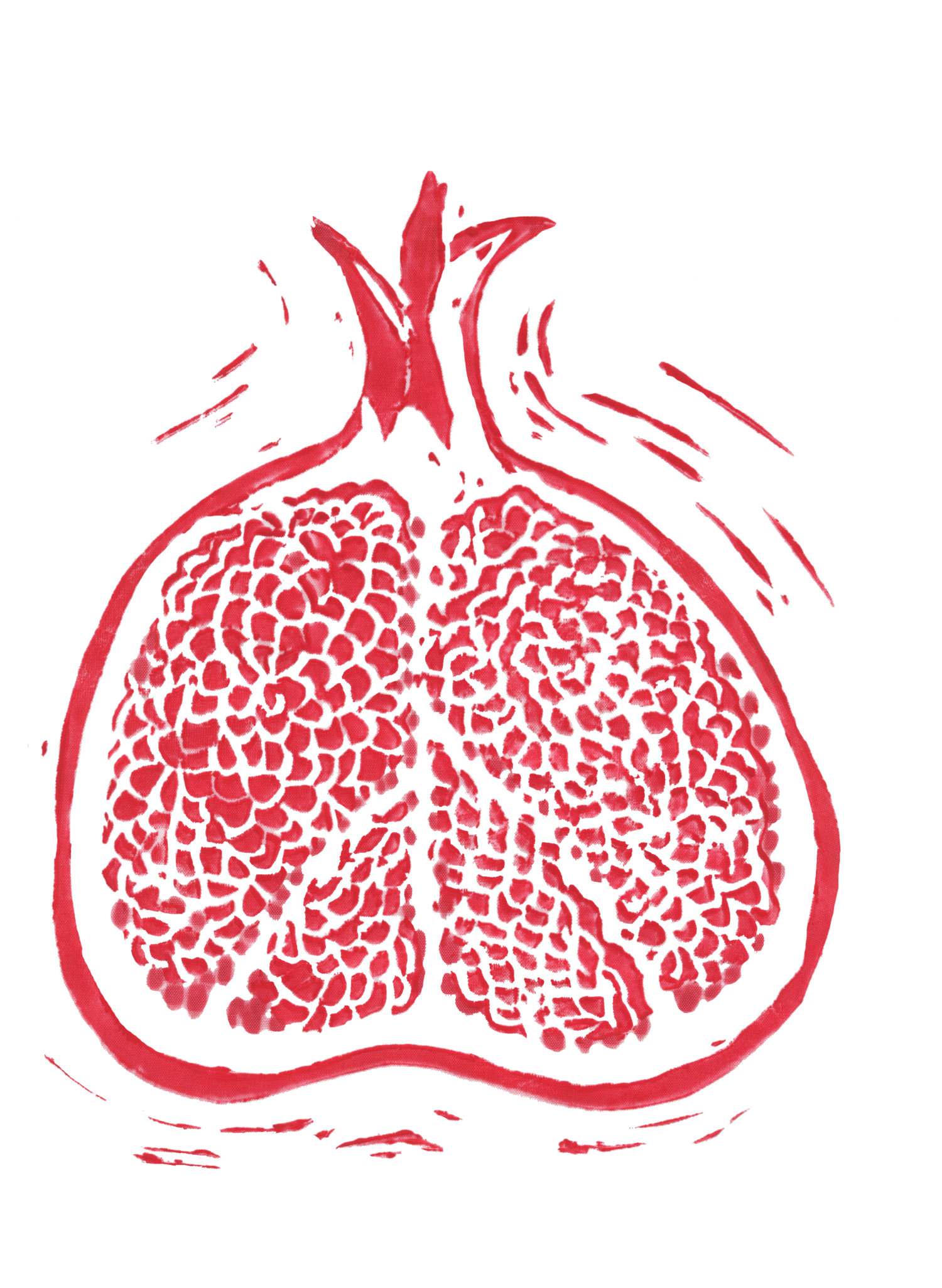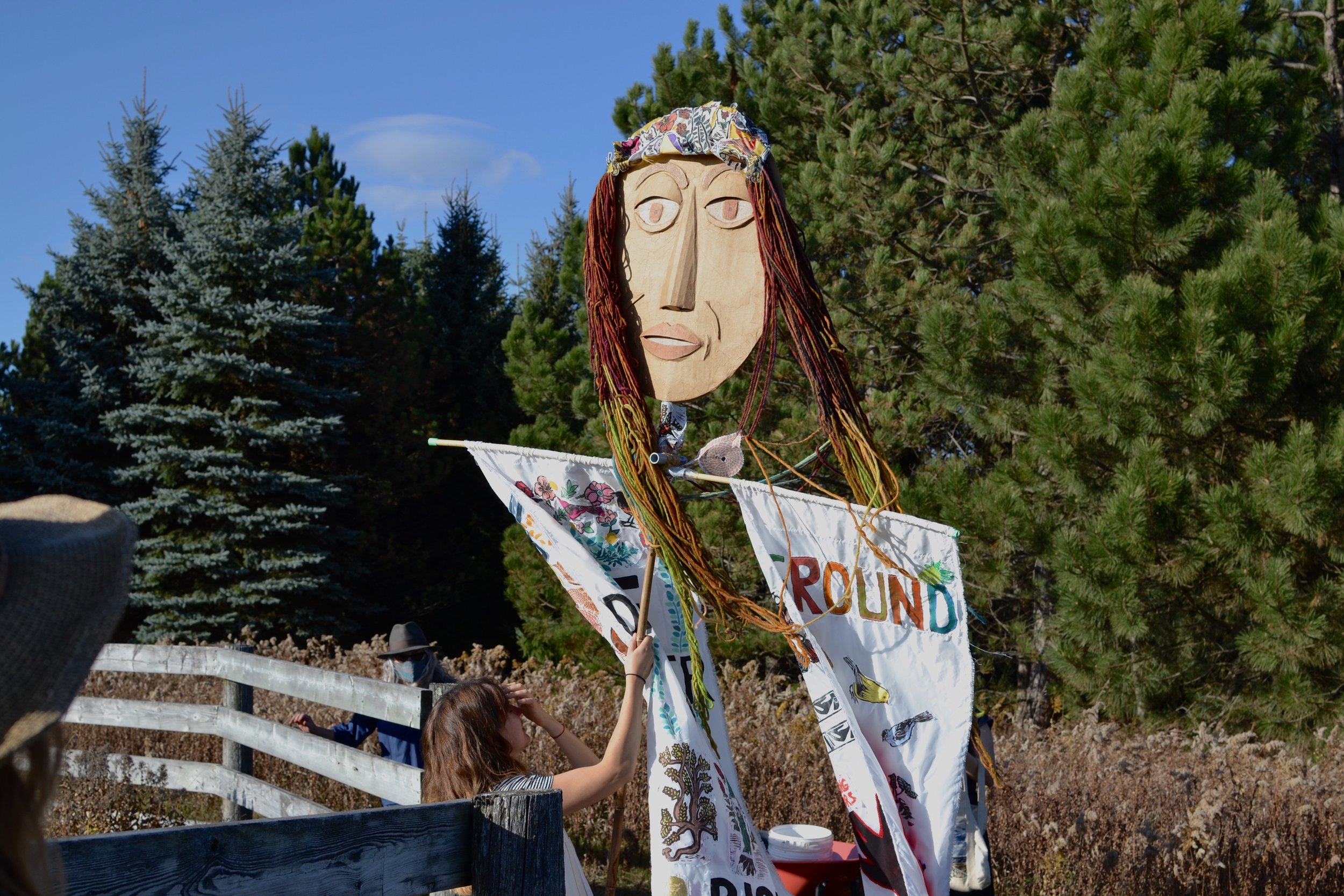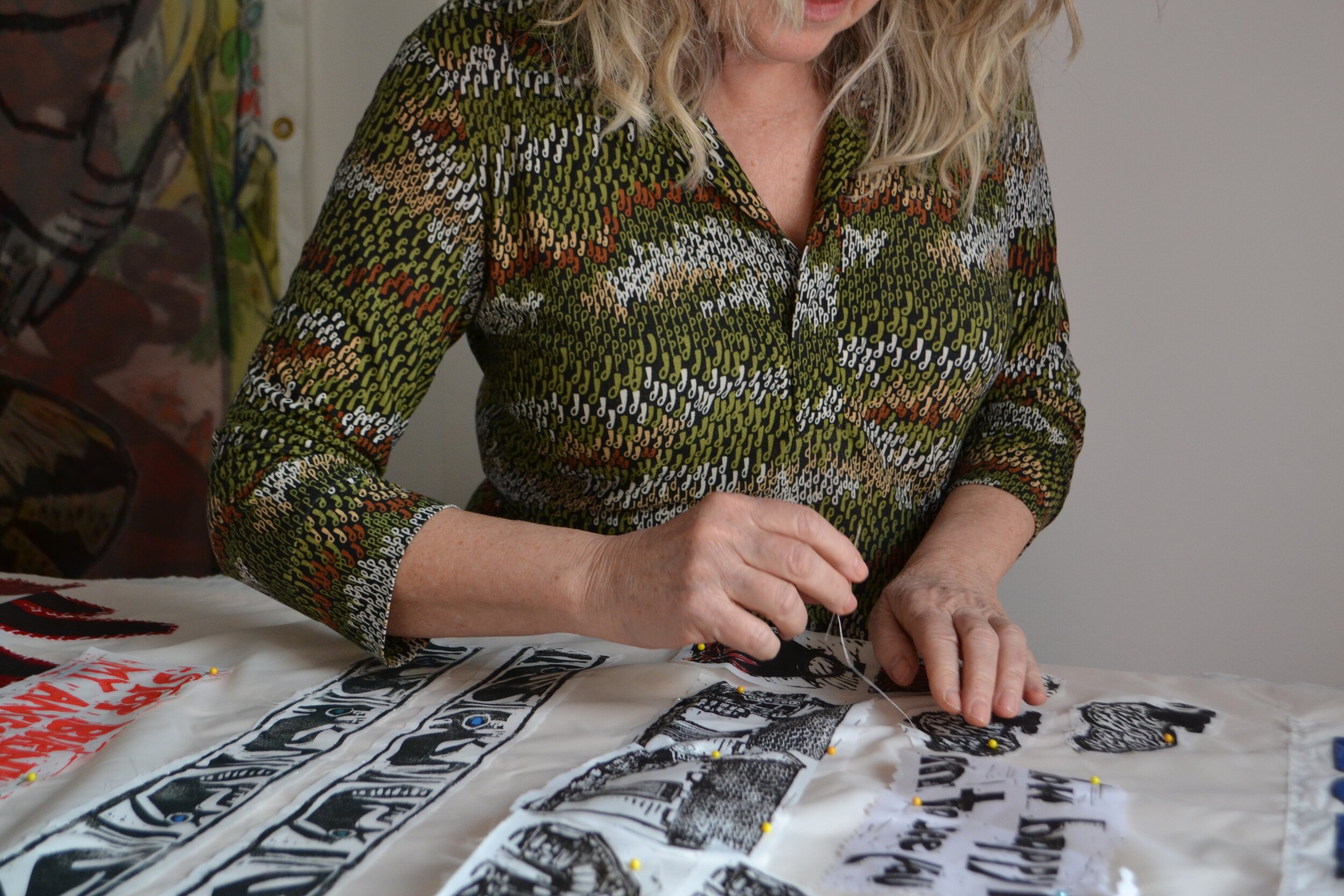

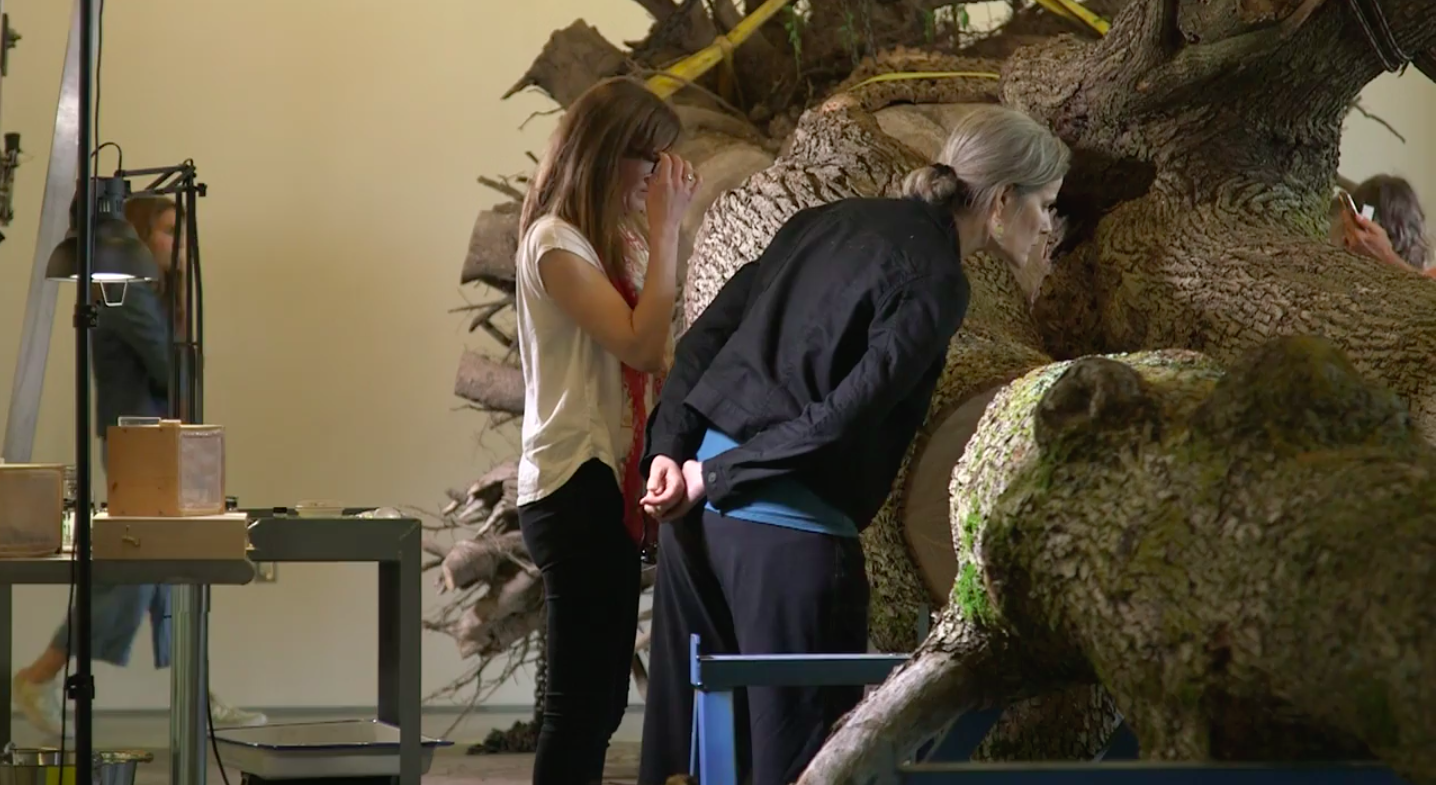
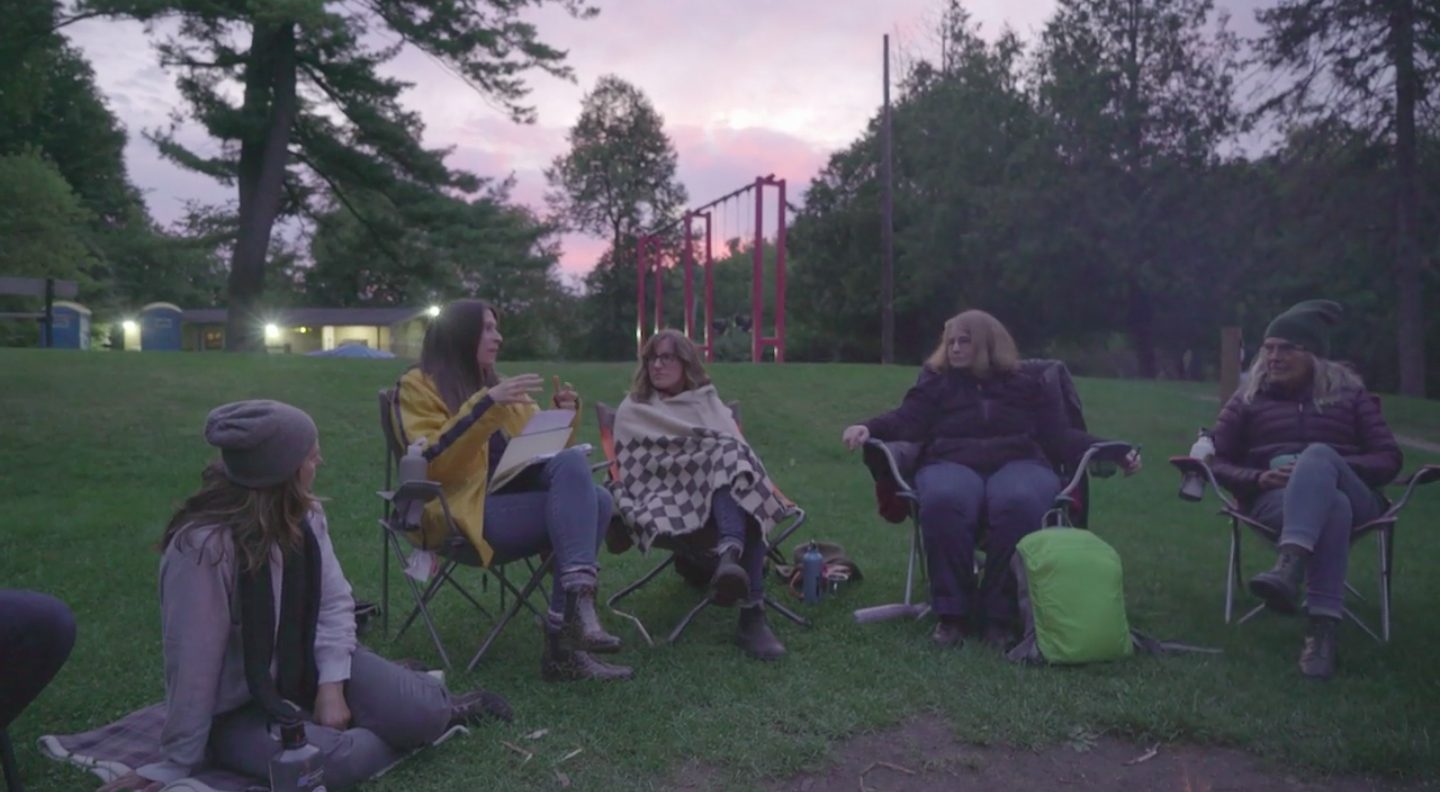
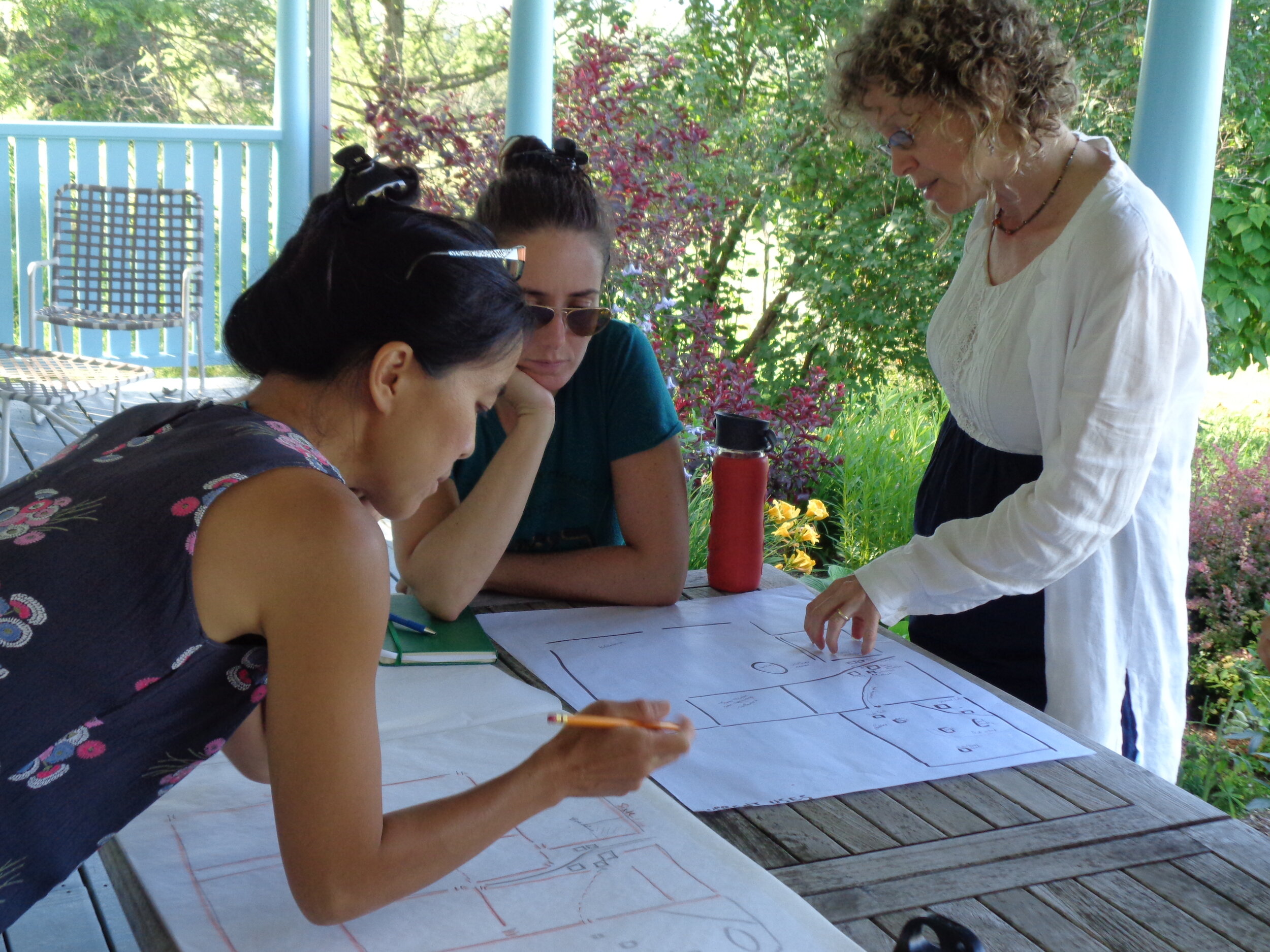


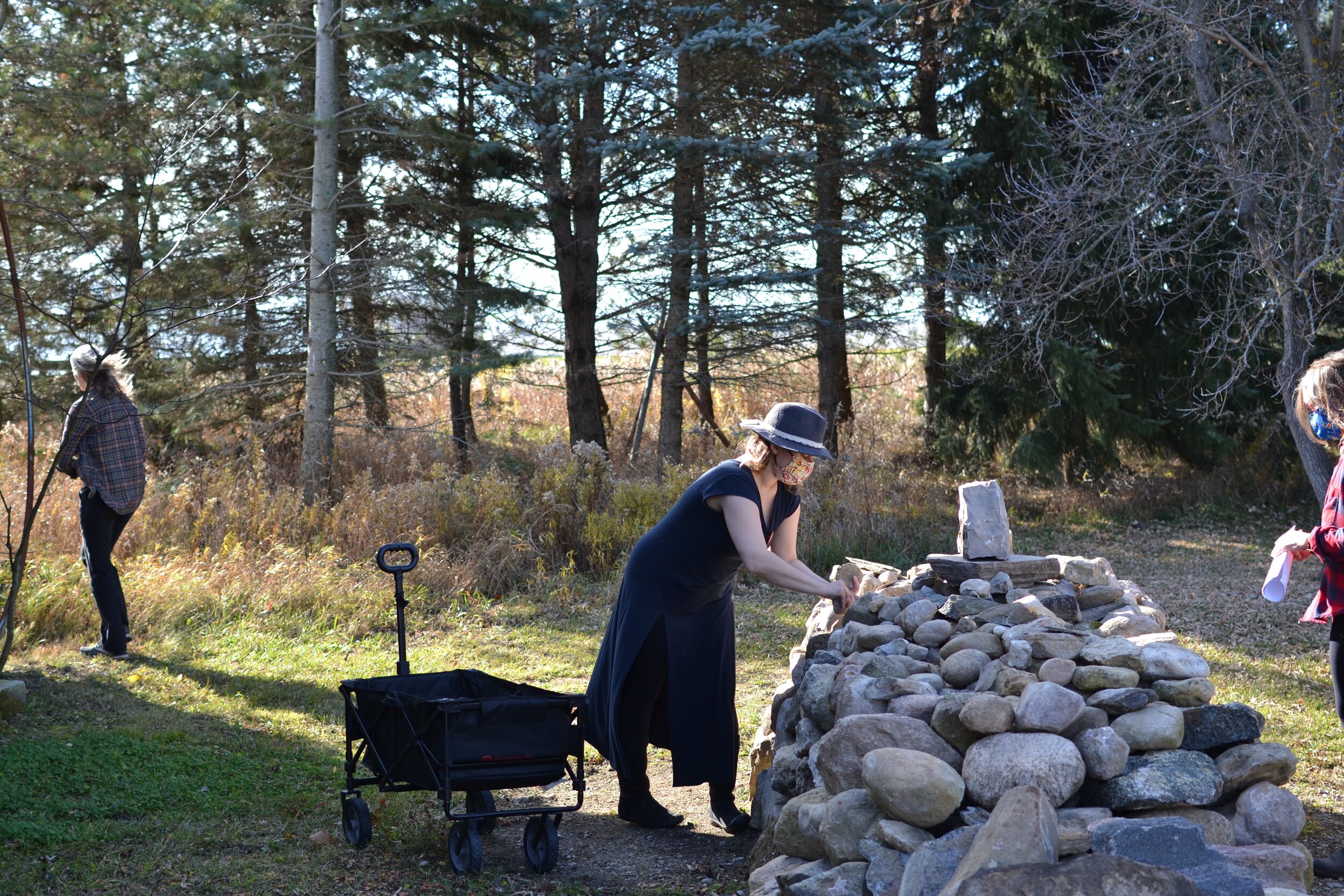
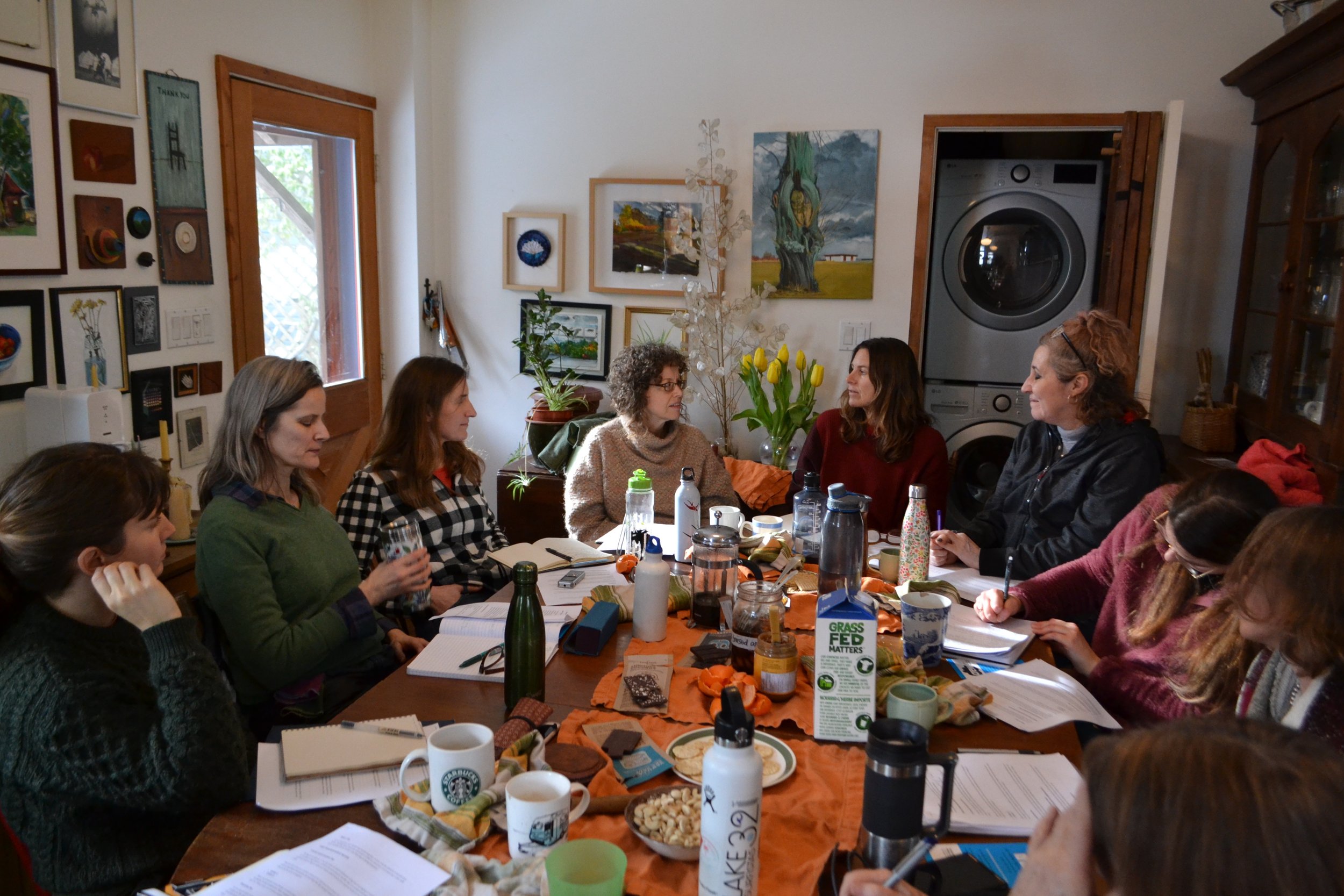
the HUMANS
The Persephone Project research team came together around an urgent need to change how we think and live in these unprecedented times. We were and are acutely aware that we have benefited from privilege of skin color and birth, education, history and geography. This privilege confers an obligation upon us to:
Bear witness to the deep harm caused by our cultural assumptions and lifestyles. We commit to closely examining our roots, our values, our goals, and the stories by which we have lived our lives.
Respond to what we discover with real action in the world. We look to ancient myths, knowledge keepers from many cultures, and the land itself for guidance in this work.
We live among the nine rivers of Toronto, on the shore of Lake Ontario, and our project is housed at the University of Toronto. Our research is rooted in a desire to break free from many assumptions underpinning academic life, and especially to learn to listen more closely to the voices of those who are like us and not like us, who walk on two legs and four, fly through air, swim through water, or burrow deep into Earth.
-

Andrea Most
-

Alexandra Rahr
-

Alisha Kaplan
-

Ashley Bowa
-

Bonnie McElhinny
-

Hillary Sunberg
-

Rochelle Rubinstein
-

Roz Spafford
-

Sasha Chapman
-

Sharon English
Persephone, who went underground to marry darkness, and who returns each spring with the renewed light, is a potent mentor. Her journey away from comfort and towards what is real serves as a model for us as we question long-held beliefs. The times are urgent yet the work must be slow and steady, for we seek to understand and undo disconnections and habits built over generations.
We wish to express deep gratitude for those who journeyed alongside us in past stages of the project, and whose valuable contributions have helped guide The Persephone Project to where it stands today.
Former Research Team Members
Research Phase:
Jackie Rothstein
Pilot Phase:
Risa Alyson Cooper
Rebekka Hutton
Sabrina Malach
Tiferet Nashman
Our work was funded by a SSHRC Insight Grant. We are grateful to the citizens of Canada whose taxes make this kind of research work possible.
Former Student Researchers and Staff
Aisha Assan-Lebbe
Isabel Carlin
Jonathan Dick
Juliette Gates
Elizabeth Hall
Caroline Holland
Keith Johnstone
Alexa Waud
Erica Wilson
Jane Yearwood
“It [the narcissus] was a wondrous thing in its splendor. To look at it gives a sense of holy awe to the immortal gods as well as mortal humans.”
Hymn to Demeter, lines 10-11
